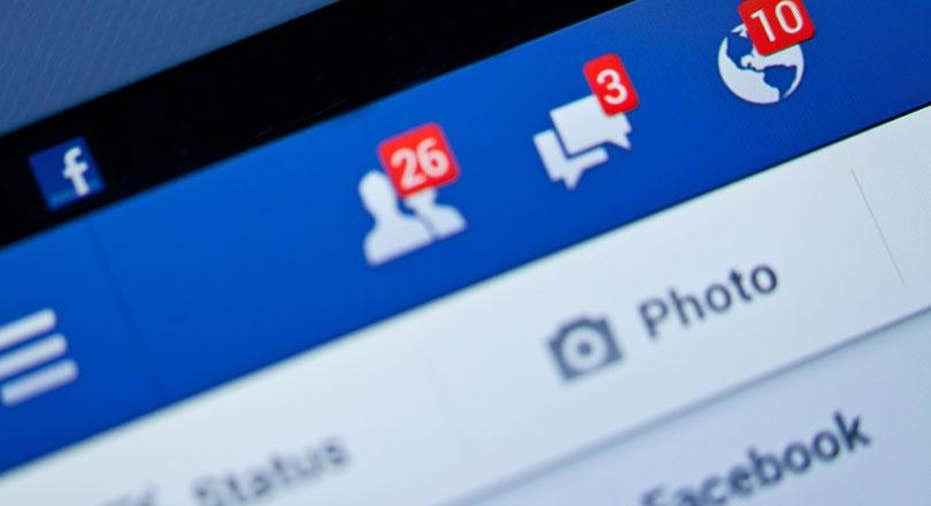Facebook to Publishers: Clickbait Headlines Will Get You Demoted

Are you still regularly seeing clickbaity stories on your Facebook News Feed? The social network is now intensifying its efforts to make them disappear.
Facebook on Wednesday announced three updates designed to cut down on clickbait. For starters, Facebook's systems will now demote individual posts with clickbait headlines, not just domains and Pages spreading this type of content.
Second, the company is getting more granular about how it identifies clickbait. Instead of lumping all clickbait into one category, Facebook will now look at whether a headline withholds information, or if it exaggerates the truth.
"Headlines that withhold information intentionally leave out crucial details or mislead people, forcing them to click to find out the answer," Facebook Engineers Arun Babu, Annie Liu, and Jordan Zhang wrote in a blog post. "For example, 'When She Looked Under Her Couch Cushions And Saw THIS…'"
"Headlines that exaggerate the details of a story with sensational language tend to make the story seem like a bigger deal than it really is," they continued. "For example, 'WOW! Ginger tea is the secret to everlasting youth. You've GOT to see this!'"
A team at Facebook has already "categorized hundreds of thousands of headlines" as either clickbait or not clickbait by considering whether the headline falls into one of those two categories. The team then identifies phrases commonly used in clickbait headlines that are not used in other headlines. Posts with clickbaity headlines will appear lower in people's News Feeds.
Finally, Facebook is beginning to crack down on clickbait in languages other than English.
Facebook started cracking down on clickbait last year. This week's changes "build on [that] work so that people will even fewer clickbait stories in their feeds, and more of the stories they find authentic," Babu, Liu, and Zhang wrote.
The site is also battling "fake news"; last month, it added a banner atop News Feeds offering "tips for spotting false news." Late last year, it also added the option to flag news stories as bogus, and teamed up with third-party fact checkers to label incorrect stories as such. A recent report by The Guardian, however, questioned whether these efforts were having any positive effect.
This article originally appeared on PCMag.com.



















